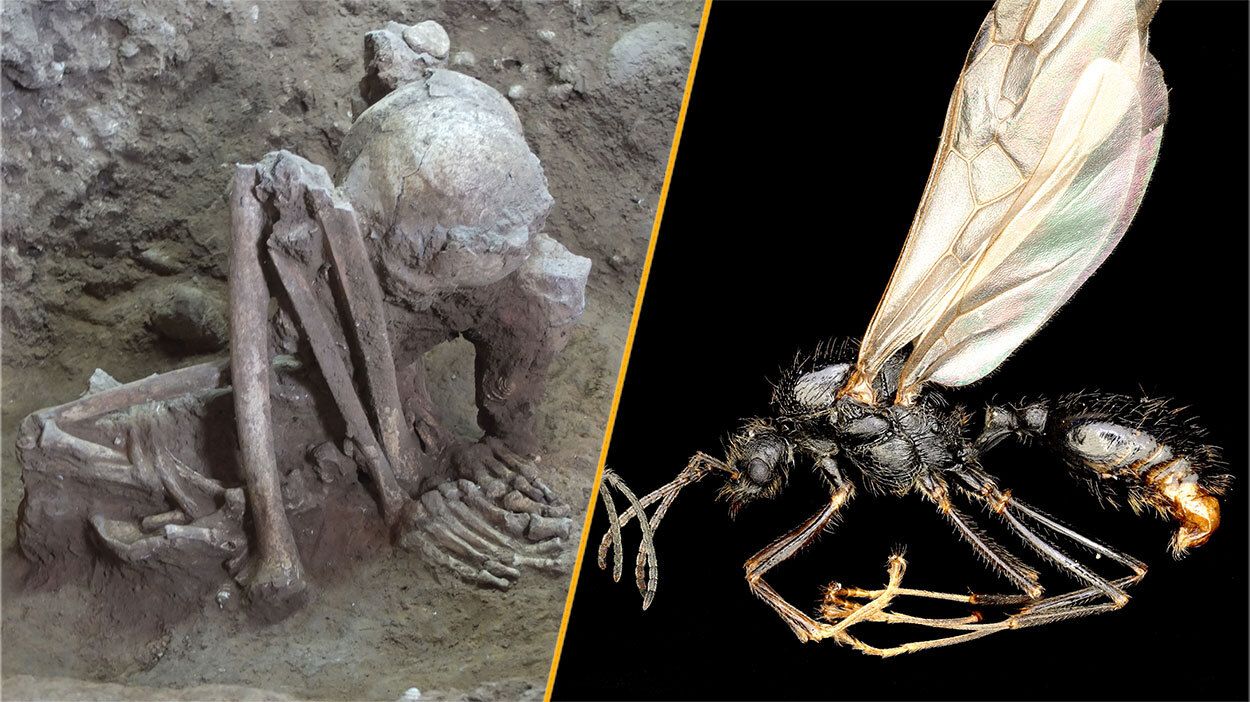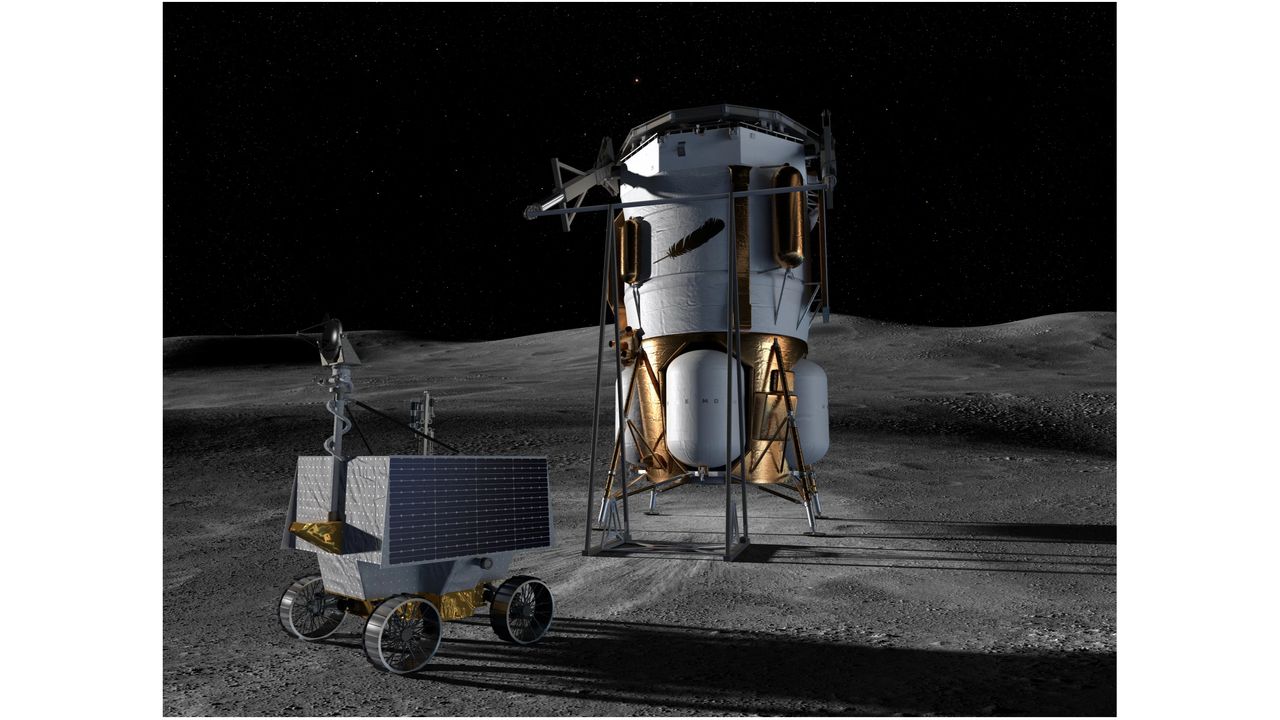A judge ordered Google to share its search data. What does that mean for user privacy?
NeutralScience

A recent ruling in the Google antitrust trial requires the tech giant to share its search data with competitors, raising important questions about user privacy. This decision could significantly impact how personal data is handled in the tech industry, as it challenges the balance between competition and privacy rights. As users become more aware of their data's value, understanding the implications of this ruling is crucial for both consumers and companies.
— Curated by the World Pulse Now AI Editorial System





